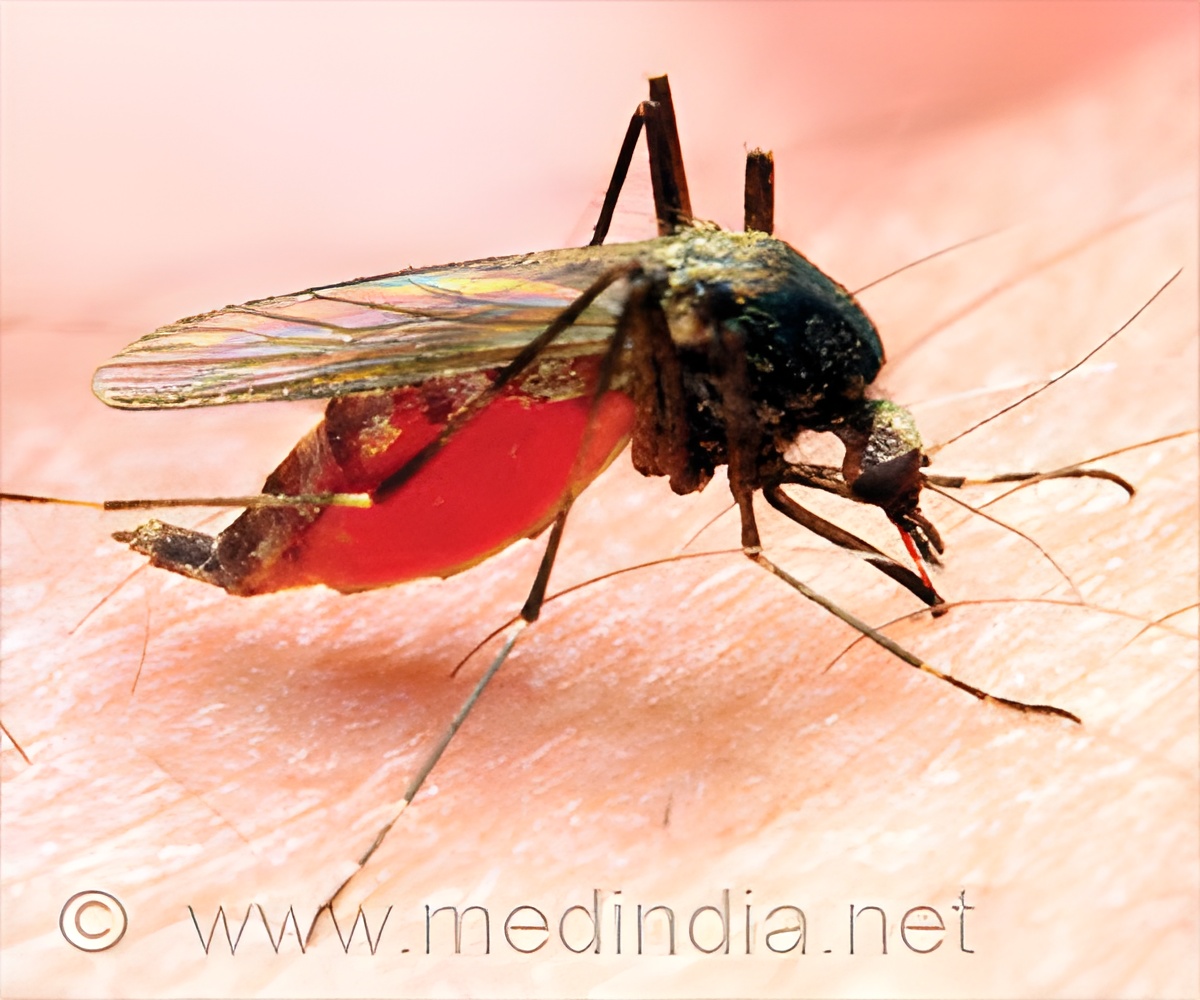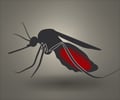Malaria can be developed by individuals depending on their metabolic state. This can be controlled by external stimuli like dietary patterns.

‘Dietary shifts increase the levels of pro-oxidants, which aid in reducing parasite load and thereby, lowering the severity of the disease.’





The research team from Instituto de Medicina Molecular (iMM) Lisboa conducted the study.During the last years scientific discoveries have suggested that external factors independent of the host-parasite dichotomy, such as eating habits, can impact in the establishment, progression and endpoint of infections.
The team, led by Maria Mota, manipulated the diet fed to lab mice for very short periods of time and evaluated the level of infection caused by the malaria parasite.
The results, now published in the prestigious journal Nature Microbiology, show that an increase in the levels of pro-oxidants caused by dietary shifts leads to a 90 percent reduction in parasite load during the hepatic phase of the infection and consequently lowers the severity of the disease.
The mechanism used by the host to eliminate the malaria parasite, now revealed in this study, may contribute to explain how certain genetic alterations associate to high levels of oxidative stress, such as sickle-cell anaemia or beta thalassemia, have been selected in the population due to their protective effect against malaria.
Advertisement
Source-Eurekalert










